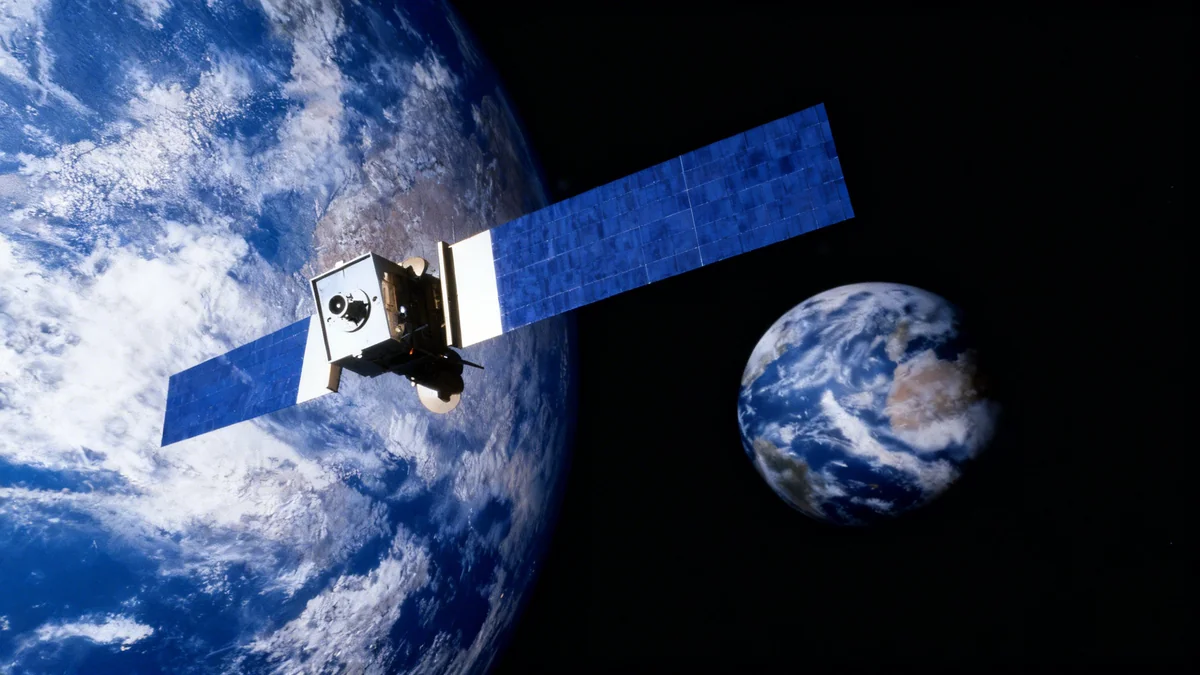
Manchester University Tool Aims to Prevent Satellite Collisions
Researchers at the University of Manchester have created a new system to help prevent satellite collisions by integrating mission design with risk analysis.
87 articles tagged

Researchers at the University of Manchester have created a new system to help prevent satellite collisions by integrating mission design with risk analysis.

Engineers are using origami to create lightweight, foldable satellite components. This innovation could significantly reduce launch costs and create more efficient spacecraft.
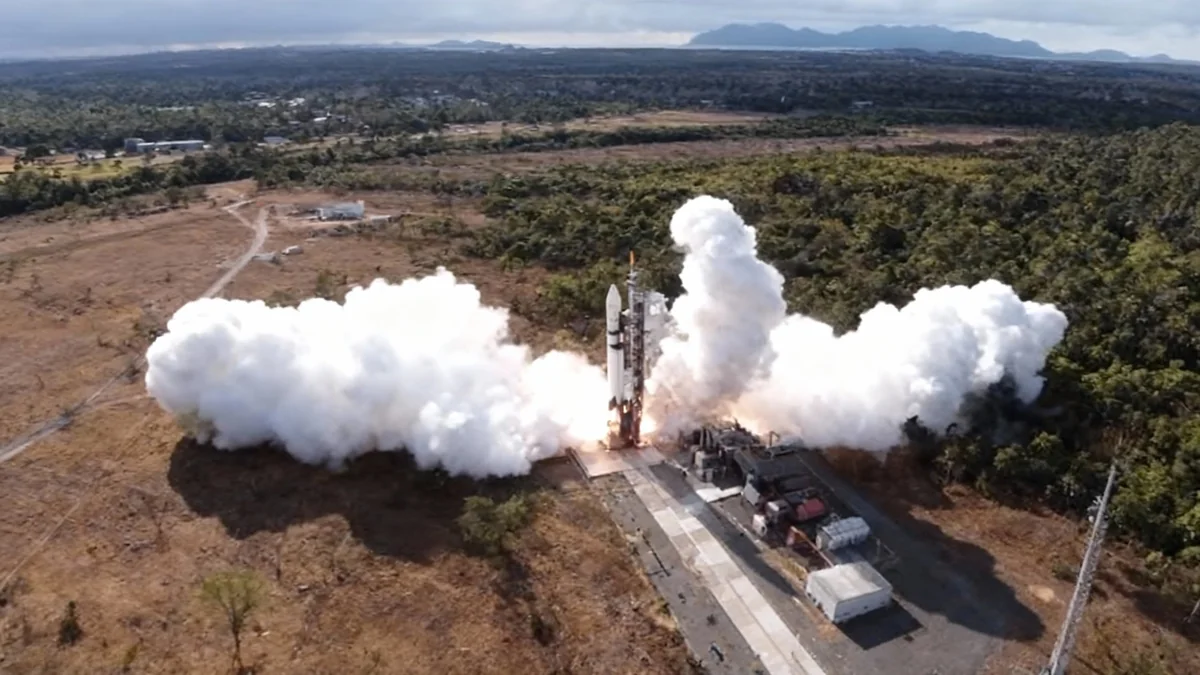
Singapore's Transcelestial and Australia's Gilmour Space are partnering to test high-speed laser communications on a satellite launching later this year.

Canadian aerospace firm MDA Space Ltd. is launching a global hiring campaign and building a new facility in Montreal to increase satellite production tenfold, driven by surging demand from the defense
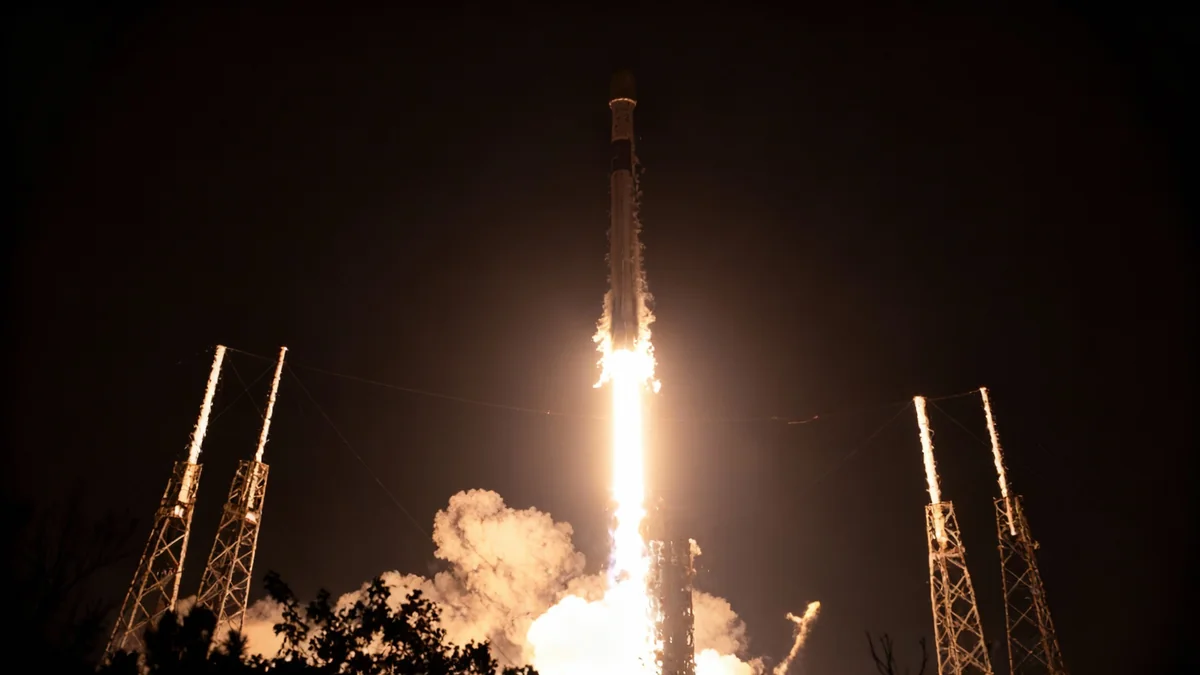
SpaceX has launched a new space traffic management system called Stargaze, which will be offered free to all satellite operators to help prevent in-orbit collisions.

The space economy is set to expand significantly by 2026, driven by non-aerospace industries and new technologies like AI and direct-to-device satellite communication.
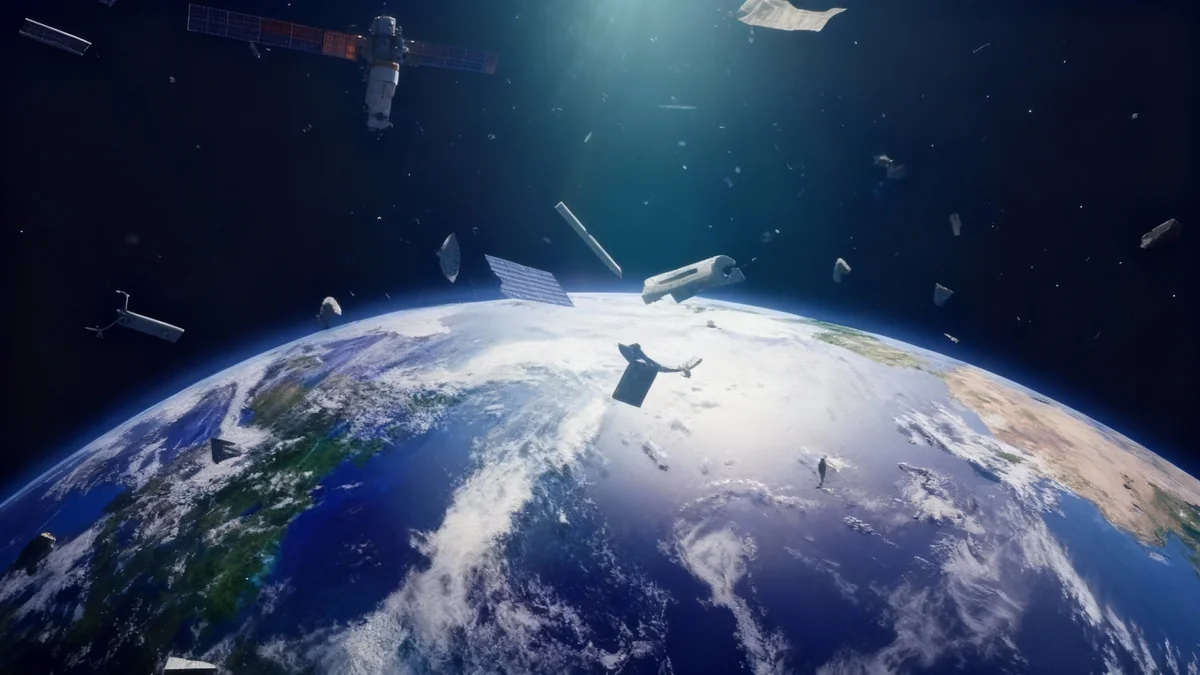
A surge in satellite launches is creating dangerous levels of congestion in Earth's orbit, increasing collision risks that threaten essential services like GPS and global communications.

The U.S. Space Force awarded a combined $1.6 billion to Rocket Lab and Northrop Grumman to build a satellite network for tracking hypersonic missile threats.
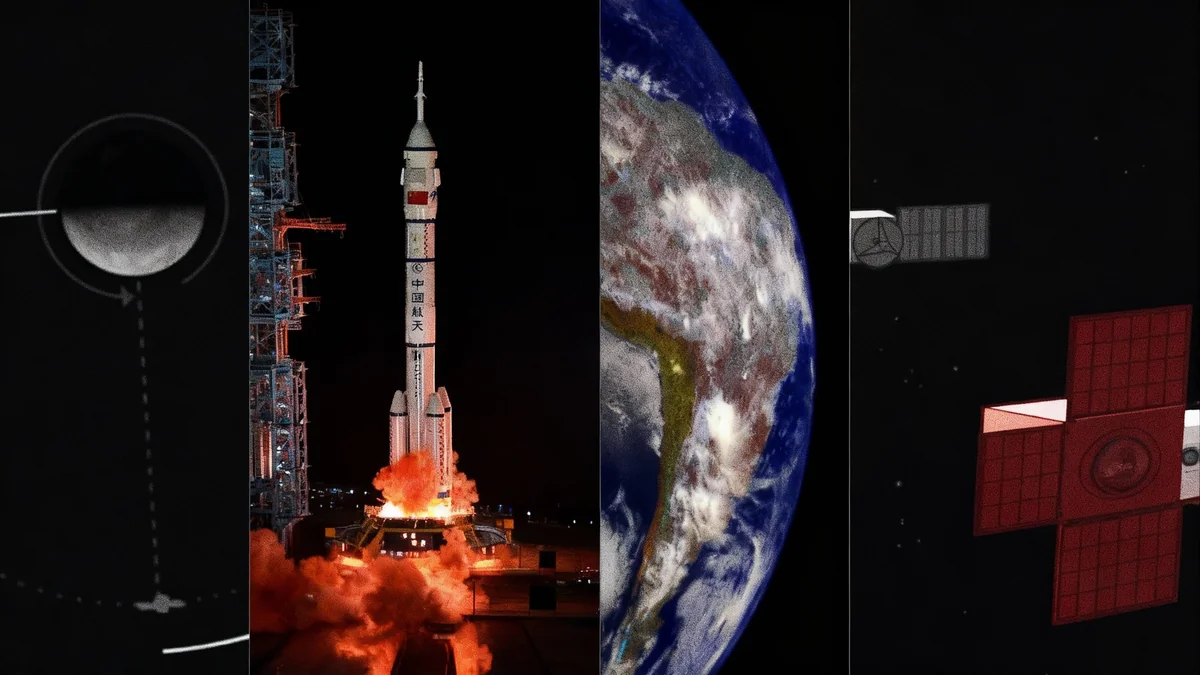
A silent contest is unfolding 22,000 miles above Earth as U.S. and Chinese satellites engage in complex maneuvers, signaling a new era of space militarization.
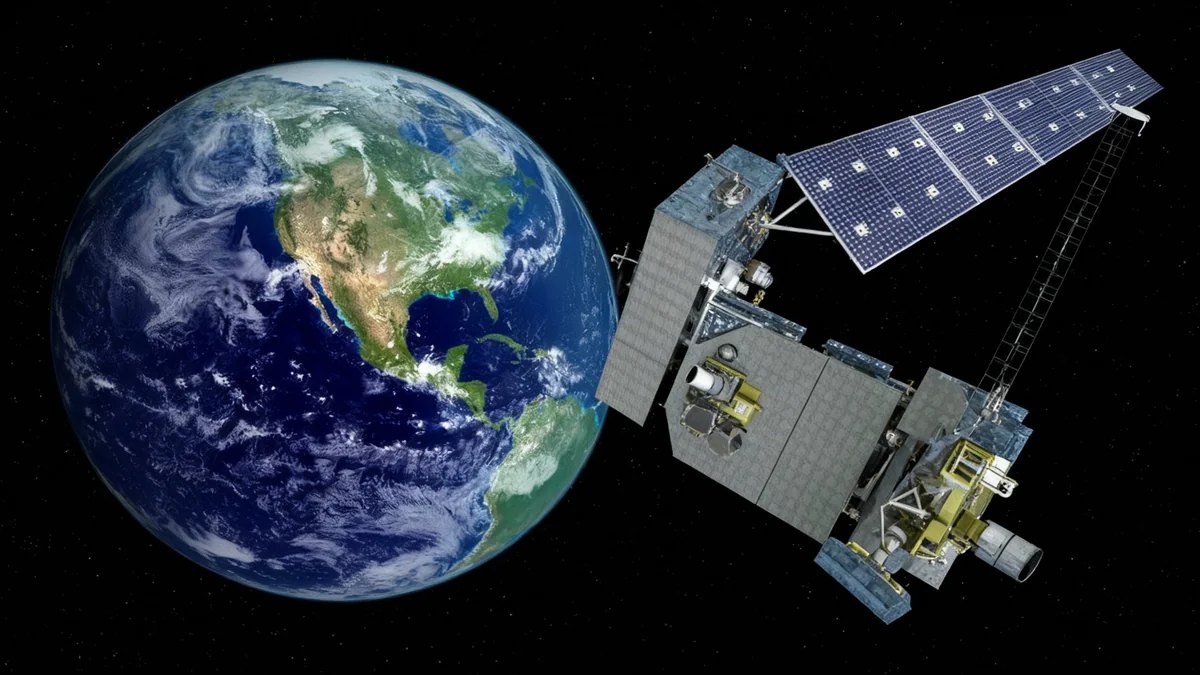
A new method allows scientists to detect hazardous, untrackable space debris by listening for the radio signals created during high-speed orbital collisions.

The space economy's projected growth of over $300 billion is largely concentrated, with giants like SpaceX set to capture over 80% of the launch market.

Google's ambitious plan to move AI data centers into space, Project Suncatcher, is on a collision course with the growing crisis of orbital debris.